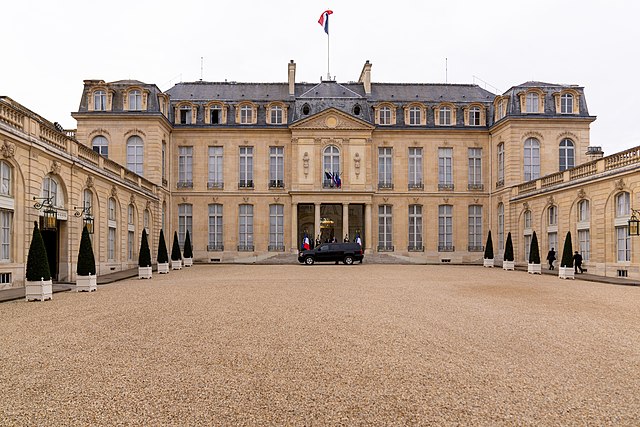François Judith Paul Grévy, known as Jules Grévy, was a French lawyer and politician who served as President of France from 1879 to 1887. He was a leader of the Moderate Republicans, and given that his predecessors were monarchists who tried without success to restore the French monarchy, Grévy is considered the first real republican president of France. During Grevy's presidency from 1879 to 1887, according to David Bell, there was a disunity among his cabinets. Only one survived more than a year. Grevy paid attention chiefly to defense, internal order, and foreign relations. Critics argue that Grevy's confusing approach to appointments set a bad precedent for handling crises. Grevy's son-in-law was implicated in a corruption scandal in 1887, and Grevy had to resign after exhausting the pool of willing politicians to form a fresh government.
Grévy c. 1880
Grévy as a deputy in the National Assembly, 1848
Photograph of Grévy, by Nadar, c. 1885-91
Grévy by Léon Bonnat, 1880
The president of France, officially the president of the French Republic, is the executive head of state of France, and the commander-in-chief of the French Armed Forces. As the presidency is the supreme magistracy of the country, the position is the highest office in France. The powers, functions and duties of prior presidential offices, in addition to their relation with the prime minister and government of France, have over time differed with the various constitutional documents since the Second Republic.
President of France
Alain Poher, Acting President of France in 1969 and 1974
The Élysée Palace, the principal residence of the president







